Abstract
PURPOSE To compare MR anatomic and magnetoencephalographic (MEG) functional methods in locating the central sulcus.
METHODS Eleven healthy subjects and five patients with focal cerebral lesions were studied. The central sulcus was located anatomically with MR by two independent observers using axial vertex and sagittal (midline and lateral) images. Locations via the MEG functional method were based on detecting the somatosensory-evoked magnetic fields elicited by painless tactile stimuli.
RESULTS The axial method yielded the most consistent interrater results, with complete agreement in 76% of sections in both control subjects and patients. The intermethod discordance of the sagittal midline and lateral methods was 32% in control subjects and 33% in patients. The concordance of MR and MEG methods ranged from 55% to 84% in control subjects and 65% to 67% in patients.
CONCLUSION MR anatomic techniques can usually identify the central sulcus, but in the presence of anatomic distortion, the MEG functional method adds significant information.
- Copyright © American Society of Neuroradiology










